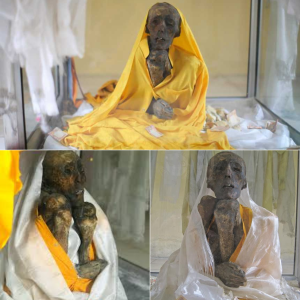The question of why passengers aboard MH370 did not make distress calls remains a haunting aspect of the mystery surrounding the ill-fated flight. Despite the widespread availability of mobile phones and other communication devices, no distress calls or messages were received from passengers or crew during the flight’s final hours.
Several factors may help explain the absence of distress calls. Firstly, in the event of an emergency, passengers and crew may have been focused on following safety protocols and procedures rather than attempting to make calls. The sudden onset of a crisis, such as rapid decompression or loss of cabin pressure, can cause confusion and disorientation, making it difficult for individuals to react quickly or think clearly.
Additionally, the circumstances surrounding the disappearance of MH370 remain shrouded in uncertainty, with no definitive explanation for the plane’s fate. It is possible that passengers and crew were unaware of the severity of the situation or the extent of the aircraft’s deviation from its intended flight path. Without clear information or guidance from the flight crew, passengers may have been uncertain about the appropriate course of action to take.
Furthermore, the possibility of deliberate interference or sabotage cannot be ruled out. If the aircraft was subjected to hijacking or other malicious acts, passengers and crew may have been prevented from making distress calls or accessing communication devices. In such scenarios, the perpetrators may have taken measures to disable or jam communication systems to maintain control over the aircraft and prevent outside intervention.
Overall, the absence of distress calls from passengers aboard MH370 remains a perplexing aspect of the tragedy. While there are various factors that may help explain this phenomenon, the exact reasons behind the lack of communication during the flight’s final moments remain elusive, adding to the complexity of the investigation and the enduring mystery of MH370’s disappearance.







